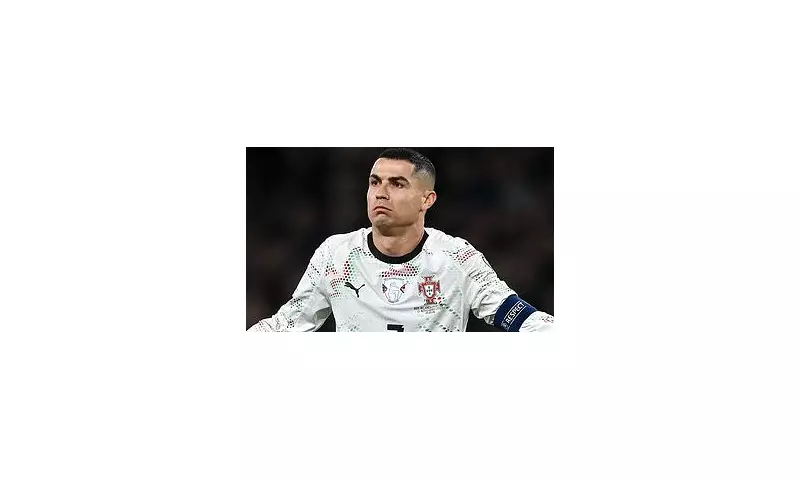
World football's governing body, FIFA, could be headed for a legal showdown after its controversial ruling to suspend Cristiano Ronaldo's playing ban, a decision that has sparked widespread criticism across the sport.
The Controversial Decision
In a move that has raised eyebrows throughout international football, FIFA has taken the extraordinary step of suspending the final two games of a three-match ban issued to the 40-year-old superstar. The original punishment came after Ronaldo was sent off for elbowing Republic of Ireland defender Dara O'Shea during a World Cup qualifier earlier this month.
The Portuguese captain, who was a guest of former president Donald Trump at the White House last week, has already served one match of his suspension during Portugal's 9-1 victory against Armenia. However, the decision to suspend the remaining two games means Ronaldo is now effectively free to represent his country in their first two World Cup matches.
Potential Legal Challenges
Daily Mail Sport understands that nations drawn against Portugal in matches where Ronaldo should have been suspended could launch a formal challenge at the Court of Arbitration for Sport (CAS) in Switzerland. The aim would be to overturn FIFA's suspension and enforce the original punishment.
Any legal action would represent a test case, requiring the complaining party to demonstrate they are directly affected by the decision and have a legal interest worthy of protection. Crucially, they would need to prove that their chances of qualifying from the group stage would be significantly reduced if Ronaldo, who scored five goals during qualification, was permitted to play against them.
Other countries whose players are missing matches due to suspensions that haven't been similarly reduced are also monitoring the situation closely, potentially creating a precedent that could affect future disciplinary cases.
The Legal Hurdles and Tournament Implications
Successfully challenging FIFA's decision would require proving two key elements: that the governing body's ruling was incorrect, and that their chances of progression are materially affected by Ronaldo's participation. However, given the discretionary nature of FIFA's disciplinary process, this could prove to be a formidable legal challenge.
The World Cup draw, scheduled for next Friday in Washington DC, will determine which nations might be affected. While England cannot face Portugal in the group stages, Scotland, Wales, Northern Ireland, and the Republic of Ireland could all potentially be drawn against the Portuguese team if they successfully navigate their play-off matches.
FIFA's disciplinary code clearly states that a player should serve 'at least three matches or an appropriate period of time for assault, including elbowing, punching, kicking, biting, spitting or hitting an opponent'. However, Article 27 of the same code provides the judicial committee with power to 'fully or partially suspend the implementation of a disciplinary measure'.
In their defence, FIFA has stated that 'the serving of the two remaining matches has been suspended under a one-year probation period'. Should Ronaldo commit another infringement of similar nature and gravity during this period, the suspension would be automatically revoked, requiring him to serve the remaining two matches immediately.
The governing body has emphasised that their disciplinary panel remains 'fully independent', though this hasn't prevented the decision from attracting significant criticism from football authorities and fans alike.





